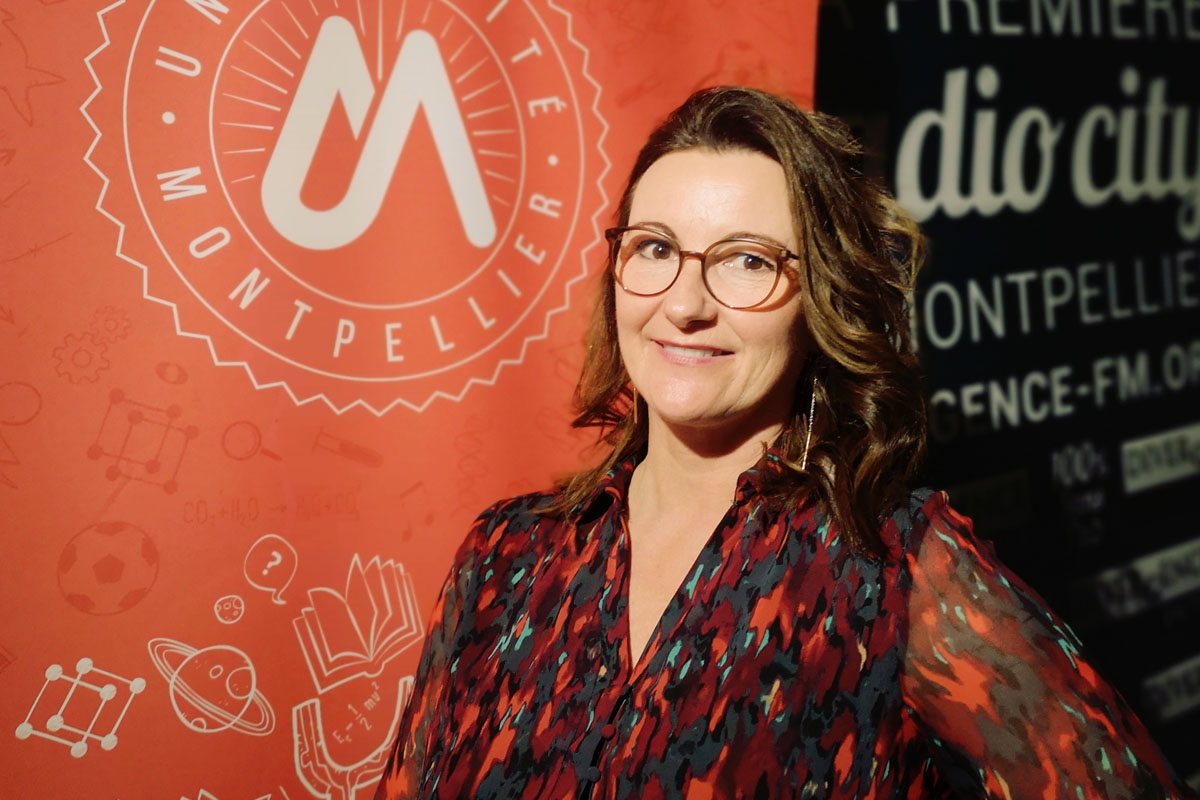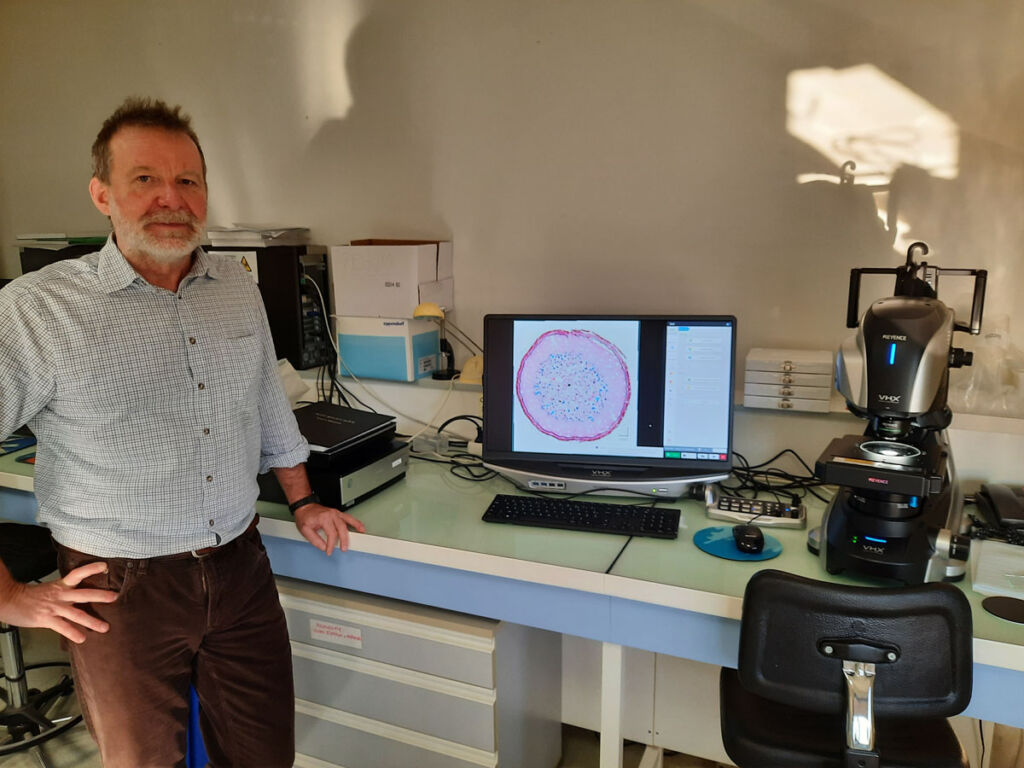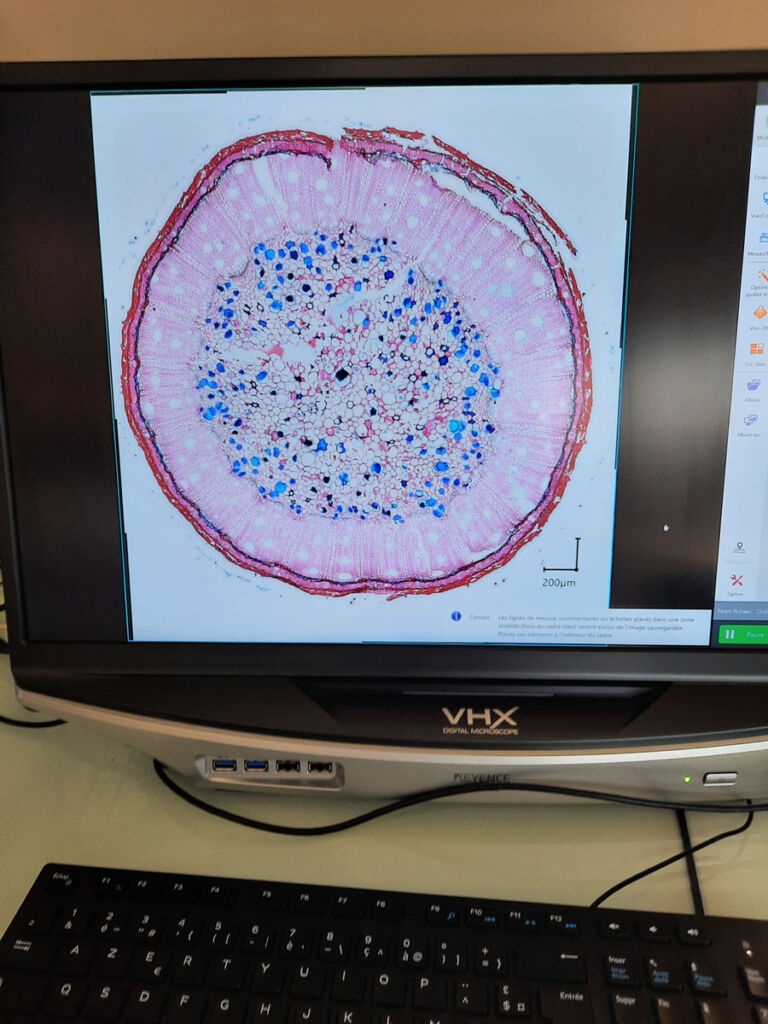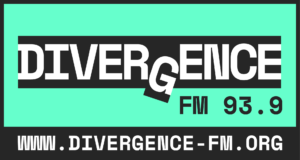Science at UM [S01-ep10]: From circulating tumor cells to robots inspired by climbing plants
This week, Catherine Alix Panabières, head of the Human Rare Circulating Cells , tells us all about liquid biopsy, a new therapeutic tool for better preventing and treating cancer. In the second part of the program, Nick Rowe from the Laboratory of Botany and Modeling of Plant and Vegetation Architecture.

Lungs, prostate, breast, colon, bones... Few people do not have someone close to them who has cancer, if they themselves are not affected. According tothe National Cancer Institute, 382,000 new cases were detected in mainland France in 2018. 58,000 of these were breast cancer, the deadliest form of cancer for women aged 35 to 65. One in eight women will be diagnosed with breast cancer at some point in their lives. These figures have been rising steadily for 30 years.
This is an alarming, even pessimistic observation, but fortunately science and its discoveries are helping to shed some light on the situation. Among all the avenues that science is helping to open up, one is particularly promising: CTCs, or circulating tumor cells. These cells "transport" cancer through our blood vessels, but they also provide valuable information about the possible progression of the disease and the best treatments to adopt.
In 2020, a trial conducted at Montpellier University Hospital demonstrated for the first time worldwide the clinical usefulness of CTCs in choosing a treatment for metastatic breast cancer. Catherine Alix-Panabières, our guest today, is director of the Rare Human Circulating Cells Laboratory at Montpellier University Hospital. She has been working on this topic for over 20 years and has revolutionized the approach by inventing the concept of liquid biopsy. Her work is recognized worldwide, as evidenced by the numerous awards she has received.
Read:
In the second part of the program, we take you to the Amap laboratory, which specializes in botany and modeling the architecture of plants and vegetation, and your guide is Nick Rowe. He shows us around the histology and biomechanics technical platform and tells us how climbing plants can inspire the creation of new robots. This research is part of a European project called GrowBot.


At UM Science, you have the program, so let's get started!
Co-production: Divergence FM / University of Montpellier
Host: Lucie Lecherbonnier
Interview: Aline Périault / Lucie Lecherbonnier
Production: Anna Demeulandre
Listen to the program “A l’UM la science” on Divergence FM 93.9

Find UM podcasts now available on your favorite platform (Spotify, Deezer, Apple Podcasts, Amazon Music, etc.).